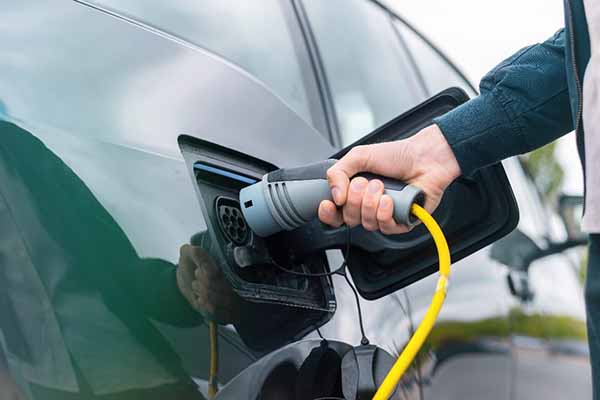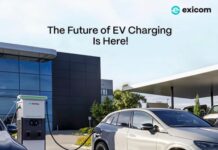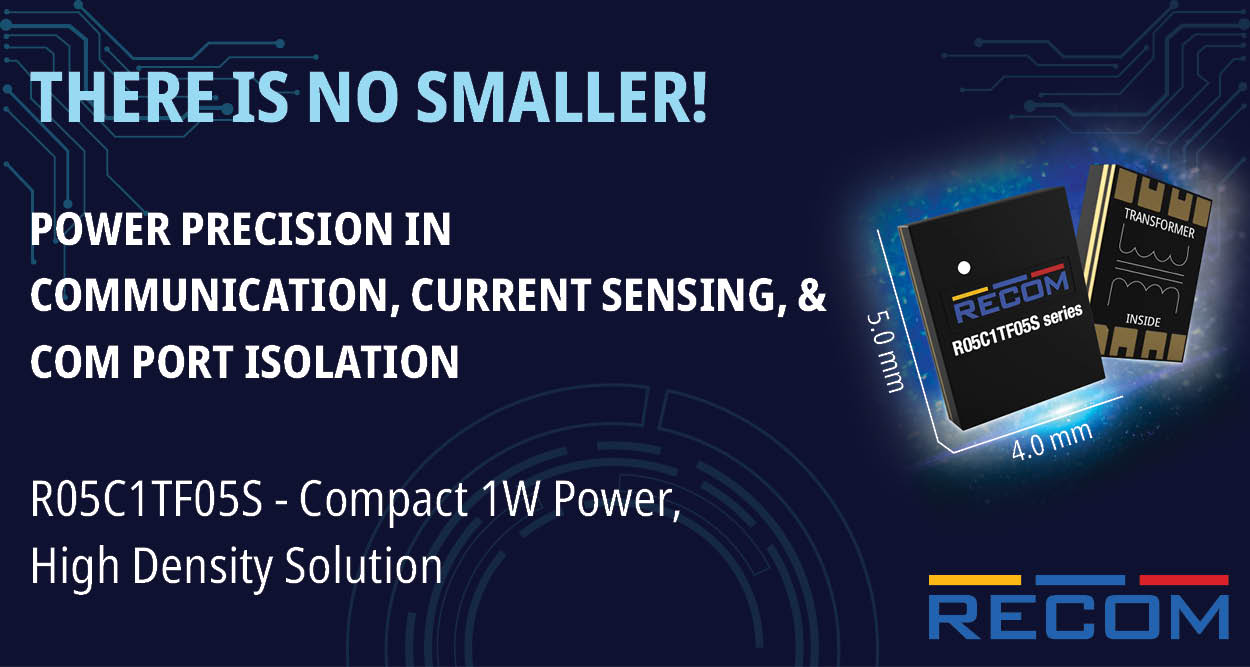The global Electric Vehicle Power Inverter Market size is expected to surpass USD 35, 403 million by 2030, expanding at a rate of 6.7% CAGR during the forecast period, 2022–2030. This growth is attributed to the increasing demand for EVs across the globe, especially in developing countries.
The EV industry is booming. It has become a game changer in the automotive industry as it offers various advantages compared to combustion motor vehicles. The EV industry is growing rapidly due to the rising demand and increasing use of EVs.
What is a Power Inverter?
A power inverter is a power electronic device that changes direct current (DC power) to alternating current (AC Power). These inverters are used to manage EVs and hybrid electric drive systems and these are important since the change in AC frequency made by the inverter directly affects the speed of the electric vehicle.
Power inverters are mostly used for different types of electric vehicles such as Hybrid Electric Vehicles (HEV), Plug-in Hybrid Electric Vehicles (PHEV), and Battery Electric Vehicles (BEV) for better
What is EV Power or EV Energy?
EV energy is electric energy used to run an electric vehicle. All electric vehicles are powered by electric energy which can be gained by wind energy, coal, natural gas, nuclear energy, and solar energy. Most of these power system networks are in DC form so inverters are used to convert this DC energy to AC.
Get a Free Sample Report @ https://bit.ly/3NVGEcQ
Types Of Inverters Used in Evs
- Traction Inverter:
It manages the flow of energy from the high-voltage battery pack to the motor, turning the wheels and propelling the vehicle.
- Soft-Switching Inverter:
Soft-switching inverters offer the benefits of high-switching frequencies and fast-switching transients without the adverse effect of motor insulation degradation.
- Voltage Source Inverter (VSI)
Hybrid-electric vehicles make use of high-power density ac propulsion systems to provide comparable performance with vehicles using internal combustion engine technology.
- SiC Inverter:
This inverter can withstand higher operating temperatures, obtain higher efficiency, and greatly increase power density. These inverters are smaller and lighter but are expensive compared to other inverters. Compared to a silicon system, a Silicon Carbide fast DC charging solution for an inverter can deliver 33% more power.
These inverters are used in various types of Evs such as medium-duty trucks, coaches, city buses, and passenger cars.
Essential Parameters for Inverters:
- High-Power Density: For small sizes and low weight
- High Efficiency: For longer battery life
- Functional Safety: High level of safety to protect vehicles
Future of Electric Vehicle (EV) Inverter
- Key manufacturers in the automotive industry are moving their focus from conventional engine vehicles to hybrid & electric vehicles to reduce carbon emissions around the globe which can increase the demand for EV inverters.
- The increasing installation of EV charging stations in developing countries such as China and India can open up new opportunities for the EV sector.
- Key players that provide electric vehicle inverters are Robert Bosch GmbH.; Hitachi Astemo Americas, Inc.; Renesas Electronics Corporation.; BorgWarner Inc. and Power Electronics S.L.
Click Here to Know More: https://bit.ly/3hzOdtz
Key Insights:
- The EV charging industry is rapidly growing because of an increase in the purchase of Evs.
- Charging stations are the key aspect of the EV industry. The increasing number of charging stations across the globe can boost the demand for EVs.
- Governments across the globe especially in emerging economies are taking initiatives to increase the number of EVs to reduce carbon emissions. Subsidies provided by governments are boosting the demand for EVs which results in rising demand for EV inverters.













